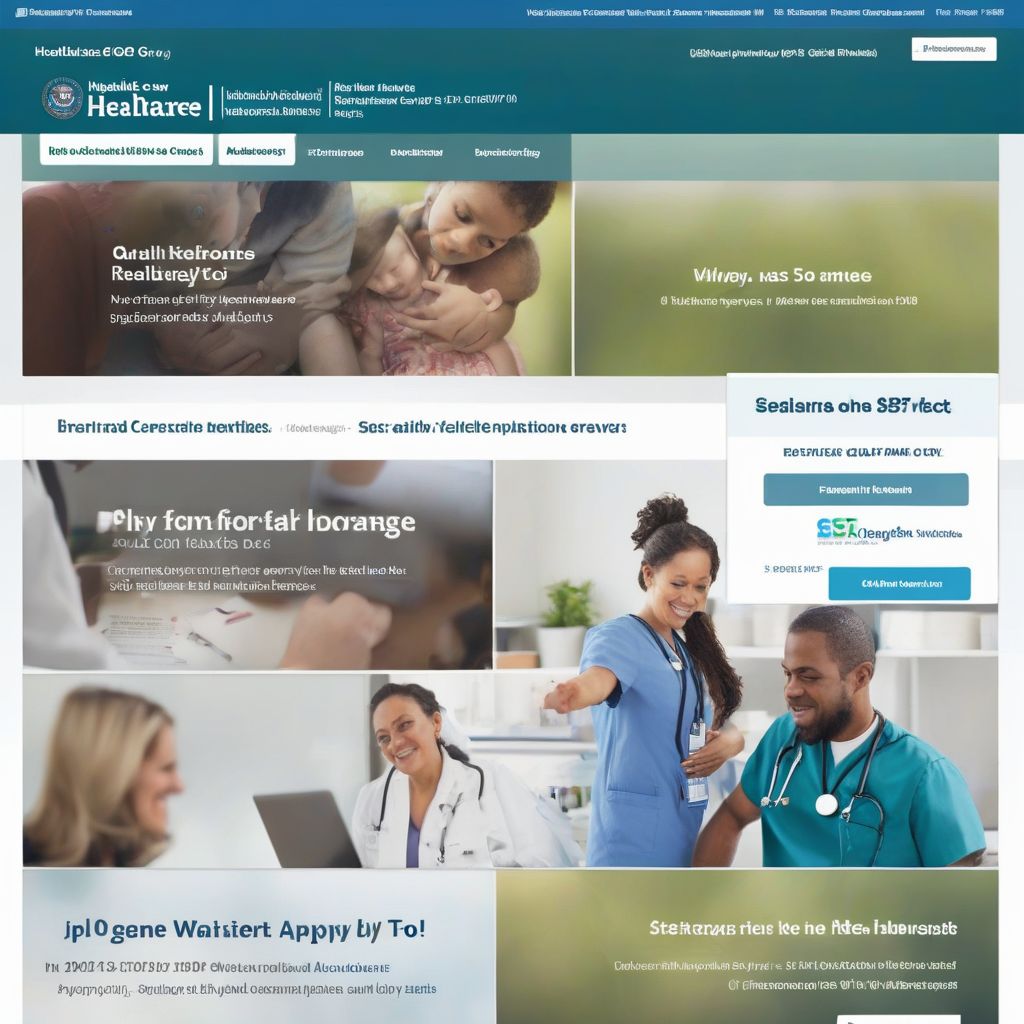Healthcare Informatics Degree: Merging Technology and Healthcare
The healthcare industry is constantly evolving, with technology playing an increasingly vital role. This intersection is where a dungcutuve.net/healthcare-informatics-degree/">Healthcare Informatics Degree comes into play. Have you ever wondered how hospitals manage massive amounts of patient data or how telehealth platforms securely connect doctors and patients? That’s the world of healthcare informatics.
Understanding the Power of a Healthcare Informatics Degree
A healthcare informatics degree equips individuals with the skills to analyze, design, and implement health information systems. These professionals bridge the gap between clinical practice and information technology, ensuring healthcare data is effectively managed, analyzed, and utilized to improve patient care and organizational efficiency.
Common Questions About Healthcare Informatics Degrees
Prospective students often have questions about this specialized field. Let’s address some of the most common ones:
What will I learn in a healthcare informatics program?
Expect a curriculum blending technology and healthcare, covering topics like:
- Health Data Analytics: Learning to extract meaningful insights from patient data to inform clinical decisions and improve care protocols.
- Health Information Systems: Understanding the design and implementation of electronic health records (EHRs), telehealth platforms, and other critical systems.
- Healthcare Cybersecurity: Gaining the knowledge to protect sensitive patient information from cyber threats and ensure data privacy.
- Health Informatics Law and Ethics: Navigating the complex legal and ethical considerations surrounding patient data and health information technology.
What kind of career paths can I pursue with this degree?
A healthcare informatics degree opens doors to a variety of in-demand roles, including:
- Health Informatics Specialist: Working within healthcare organizations to manage and improve their information systems.
- Clinical Data Analyst: Analyzing patient data to identify trends, improve outcomes, and support research efforts.
- Health IT Consultant: Providing expertise to healthcare providers on implementing and optimizing their technology systems.
- EHR Implementation Specialist: Guiding healthcare organizations through the process of adopting and integrating electronic health record systems.
Important Considerations for Choosing a Program
- Accreditation: Ensure the program you choose is accredited to meet industry standards and enhance your job prospects.
- Curriculum Relevance: Look for programs that offer current and relevant coursework aligned with the latest trends in health informatics.
- Faculty Expertise: Investigate the experience and qualifications of the faculty members, as this can greatly impact the quality of education.
The Future of Healthcare Relies on Informatics
As technology continues to advance, the demand for skilled healthcare informatics professionals will only grow. These individuals play a critical role in harnessing the power of data to improve healthcare delivery, enhance patient outcomes, and shape the future of the industry.
Disclaimer: This information is for general knowledge and informational purposes only, and does not constitute medical advice. It is essential to consult with qualified healthcare professionals for any health concerns or before making any decisions related to your health or treatment.



